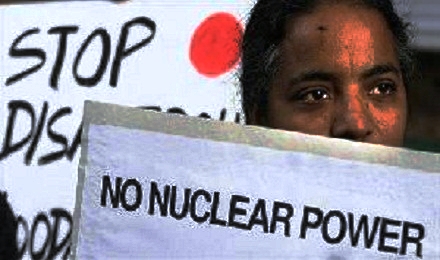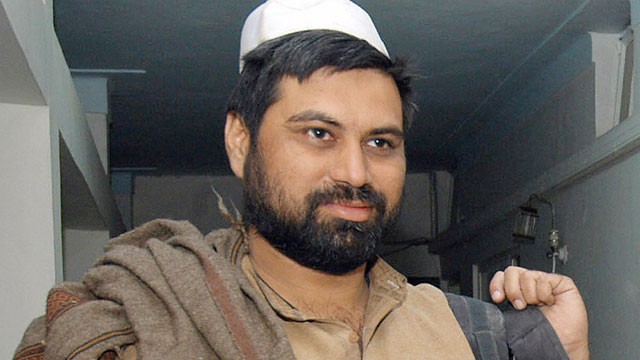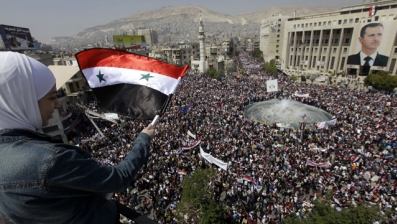Stop Harassing Koodankulam Activists
Coalition for Nuclear Disarmament and Peace (CNPD) and Indian Social Action Forum…
Police: Missing Pakistani Journalist Found Dead
NAHAL TOOSI Islamabad (AP): A Pakistani journalist who investigated al-Qaida's alleged infiltration…
Syrian Leader to Address Nation Amid Unrest
Damascus, Syria (AP): Syrian President Bashar Assad is to address the nation…



